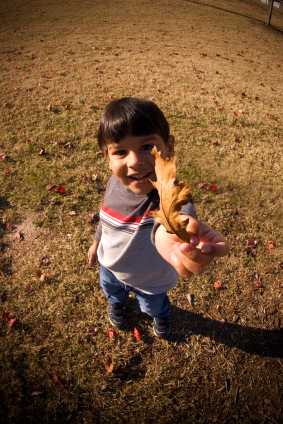“You will be enriched in every way to be generous in every way, which through us will produce thanksgiving to God.”
– 2 Cor. 9:11

There is a graphic making the rounds on Facebook that reminds us of how truly manufactured our season of thanks can be. Contrasting our day of giving thanks for all that we have with the increasingly frenetic tendency to spend the next day acquiring what we don’t, the image helps us see that perhaps our day of thanks has become a habit rather than a heart-check. After all, if we were truly thankful for the many blessings that we enjoy, would people literally get trampled the very next day in order to beat their fellow man in saving a few dollars on a blu-ray player at Wal-Mart? The reports of the Black Friday injuries have seemingly become just as proliferate as the ads announcing the sales.
For the Christian, however, the focus on thanksgiving shouldn’t happen on just one day, or even in just one month. Our lives should be characterized by a spirit of gratitude because we stand in daily recognition that everything that we have has been given to us by our Heavenly Father (I Cor. 4:7). Because of this, because He supplies our needs and often gives in abundance beyond that, we can, and should give in kind to others. Our gratitude should produce generosity. We have been given much, and therefore we should give much in return (2 Cor. 9:6-8).
The truly exceptional thing about this is that as our gratitude prompts us to give generously to others, the inclination to give thanks will likely increase in their own lives as well. In other words, there is a cyclical pattern of thanks. God is generous with us, which prompts us to give thanks and extend that generosity to others, which then prompts them to give thanks to God for our generosity. Our giving becomes a conduit by which God receives what He is due – increasing praise and thanks.
Because of this, we should desire to give all the more. After all, as Christians, we should take satisfaction in our God receiving the adoration and gratitude He is due. The fact that He allows us to be a part of that process, the fact that He uses the generosity He has extended to us to propel our generosity towards others, and that results in greater thanksgiving to Him, should engender even greater thanksgiving in our lives. Because of this cyclical pattern of thanks, our giving takes on heavenly significance. What is temporal has been redeemed for eternity.
So as we enter this season of thanksgiving, let us not only think about how we can thanks but how the gratitude that we have should prompt us to extend the generosity that we have experienced to others. May we do so in increasing measure and as a result, may our Heavenly Father receive even more of the thanks that He so richly deserves.
